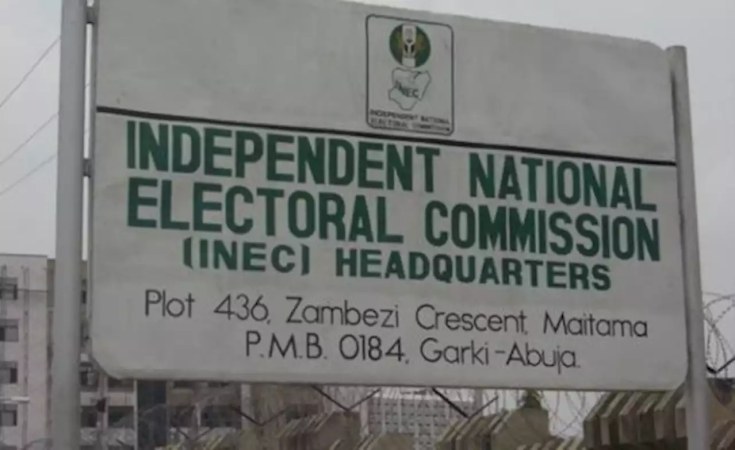INEC saw clearly that there were huge problems with the results that were challenged. Instead of simply admitting these errors, it then went ahead to do a review and then issued what it called, SYNCHRONISED RESULTS.
The lessons here are essentially for INEC. Get only those who mean well for Nigeria to act as Collation or Returning Officers. We have them accross all professions; not teachers or lecturers alone. The second lesson is that INEC must never put itself under any pressure in declaring results. Do due diligence, as required by Section 64 of the Electoral Act, before announcing a winner. That way, you will not turn our judges to mathematicians to be counting and collating results.
First, those of us who seek to mould public opinion and guilde public conscience, have a huge responsibility here to redouble our efforts in building confidence in the BVAS device. A critical appraisal of the reasonings of the majority decision of the Osun tribunal and the FACTS of this case lead only in one direction and to one conclusion, which is that:
1. If you vote without accreditation, BVAS will expose you.
2. If you over-vote, BVAS will expose you. 3. If you vote without accreditation by BVAS, you have only put in jeopardy the votes of others in your polling unit.
The essence of the BVAS machine and its usefulness in checking over-voting has been correctly outlined by the judgment of the Osun tribunal, which appraised all the results of accreditation by BVAS in the disputed over 700 polling units, put them side-by-side with the results subsequently turned out, and where votes returned were more than the number of voters accreditted by the BVAS machine, it then proceeded to void the results of such polling units, and further deducted these from the total tally for candidates, before then making a new return on results. That is the correct exercise of the judicial power of review.
My Worry
Now, we all need to carefully read the provisions of Sections 62, 63 and 64 of the Electoral Act, particularly Section 64, which gives the Returning Officer or the Collation Officer, elaborate powers to review the entire process, including to check OVER-VOTING, and then void results where s/he, the Returning Officer or Collation Officer, has established over-voting. This is a huge responsibility, akin to a power of judicial review and I think this was why some lawyers have been up in arms against those provisions. But I don't share their concern since, ultimately, as we have seen in Osun, a none exercise or wrong exercise of this discretion by INEC, is always open to judicial review.
... INEC saw clearly that there were huge problems with the results that were challenged. Instead of simply admitting these errors, it then went ahead to do a review and then issued what it called, SYNCHRONISED RESULTS. Now, whats that? Working from an answer to the question?
My worry is that while Governor Oyetola's petition was filed, INEC saw clearly that there were huge problems with the results that were challenged. Instead of simply admitting these errors, it then went ahead to do a review and then issued what it called, SYNCHRONISED RESULTS. Now, whats that? Working from an answer to the question?
The lessons here are essentially for INEC. Get only those who mean well for Nigeria to act as Collation or Returning Officers. We have them accross all professions; not teachers or lecturers alone. The second lesson is that INEC must never put itself under any pressure in declaring results. Do due diligence, as required by Section 64 of the Electoral Act, before announcing a winner. That way, you will not turn our judges to mathematicians to be counting and collating results. INEC must never be shy of admitting mistakes, particularly in the collation process, and it should seek to correct this BEFORE A RESULT IS ANNOUNCED. The law is on your side on reviewing yourself.
In the final analysis, let me again restate by saying that if truly you are interested in voting, be sure you do the right thing:
1. Be sure the BVAS machine ACCREDITS you.2. Don't succumb to any urge, threat, entreaty or inducement to vote, if the BVAS machine did not accredit you.
If you fail to be accredited and you vote, be sure you have just wasted your vote as well as that of others who genuinely voted in that polling unit.
This is the little I can do; free legal advice to us all.
Gbenga Aruleba is a journalist and public affairs analyst.


